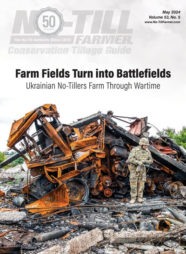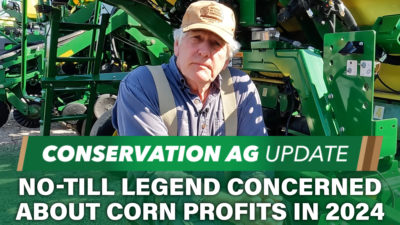Farmers and ranchers control access to their land, machinery and equipment, and other tangible assets, but the property rights of data are less clear. A group of researchers at North Dakota State University wants to understand the viewpoints of those involved in collecting and using precision agriculture data.
"Generating information to improve the use of farm resources and best meet operational objectives is at the center of precision agriculture," says Cheryl Wachenheim, NDSU Department of Agribusiness and Applied Economics professor.
The environment of rich and easily accessible and manageable data from precision agricultural technologies is evolving and new to an industry most familiar with an environment of tangible assets for which property rights are generally explicit. Farmers and ranchers are, for example, able to control access and prevent others from using their land, machinery and equipment, and other tangible assets.
The property rights of data are less clear, and there is no regulatory framework that clearly defines rights to production and farm data. As a result, there are a myriad of uncertainties and concerns regarding the collection, control, sharing and use of the data generated by farm operations. The data is valuable to farmers and ranchers and those who help them make decisions. However, the data also is of value to a range of other entities. This potential access can be an important consideration for farmers. Once data from precision agricultural operations is released to a company, in the absence of a confidentiality agreement or privacy document, it is available for others to view and use.
"The goal of this research is to understand the viewpoints of those involved in collecting and using the data," explains Wachenheim.
Farmers, ranchers and those who help them use precision agriculture data can take the survey at tinyurl.com/NDSUPAFarm.






Post a comment
Report Abusive Comment